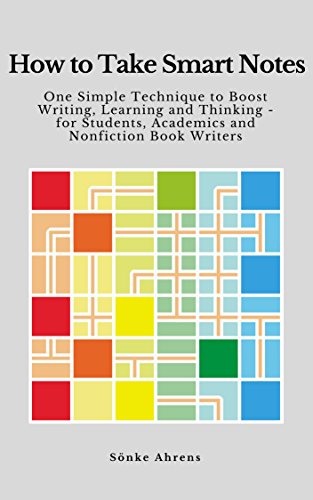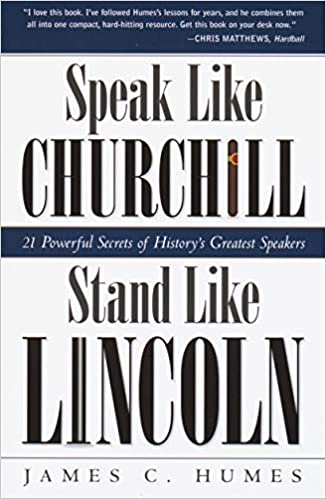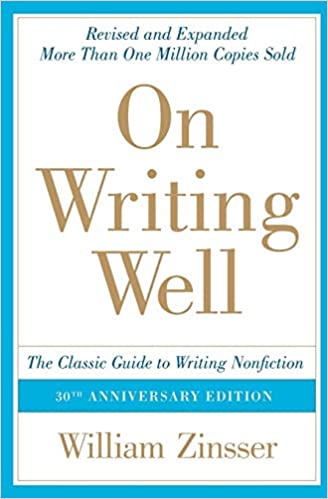I’ve read books in English, French, and Arabic. Both fiction and non-fiction.
Mostly, I’ll post here non-fiction English books. At least, the ones that I can recommend and might be relevant to most of you.
Also, I’ll skip the books that I read but don’t remember much of them. I spent a decade reading without taking notes. Please don’t do like me. It’s such a waste.
This section is only meant to spark your interest in books. So I’ll only write my impressions and three notes from the books. For more details, summaries and reviews, you can find them on Amazon or any other source.
For a faster research, you can click on any tag below to find the books of your interests.

How to Take Smart Notes
One Simple Technique to Boost Writing, Learning and Thinking – for Students, Academics and Nonfiction Book Writers
Sönke Ahrens
My note-taking system was probably one of the worst on Earth. Basically, I just copied and pasted. No wonder that nothing stayed in my brain. I tried in the last couple of years to correct this bad and useless habit. This book describes a more efficient note-taking system. The sooner you learn it, the more you can benefit from your learnings.
Three notes from the book:
1- Writing is, without dispute, the best facilitator for thinking, reading, learning, understanding and generating ideas we have.
2- Studies on highly successful people have proven again and again that success is not the result of strong willpower and the ability to overcome resistance, but rather the result of smart working environments that avoid resistance in the first place.
3- He did not just copy ideas or quotes from the texts he read, but made a transition from one context to another.

Speak Like Churchill, Stand Like Lincoln
21 Powerful Secrets of History's Greatest Speakers
James C. Humes
This book is filled with stories of great speakers and leaders. Each one of them had tools to make their speech impactful. Without them, they couldn't sell their ideas. Some of the tools are applicable to writing.
Three notes from the book:
1- Never, never, never let words come out of your mouth when your eyes are looking down.
2- Listening to long speech can seem like reading a book without punctuation>
3- The difference between so-so and superb speakers is often this: One begins banally, the other with a bang.

On Writing Well
The Classic Guide to Writing Nonfiction
William Zinsser
This is one of the first books I read about writing. For non-fiction, it's just perfect! It demystified writing for me and helped me start my blog. I can't recommend this book enough. It contains priceless and simple advice to learn and improve our writing.
Three notes from the book:
1- Clear thinking becomes clear writing; one can't exist without the other. It's impossible for a muddy thinker to write good English.
2- "Who am I writing for?" It's a fundamental question, and it has a fundamental answer: You are writing for yourself. Don't try to visualize the great mass audience. There's no such audience--every reader is a different person.
3- The only way to learn to write is to force yourself to produce a certain number of words on a regular basis.



